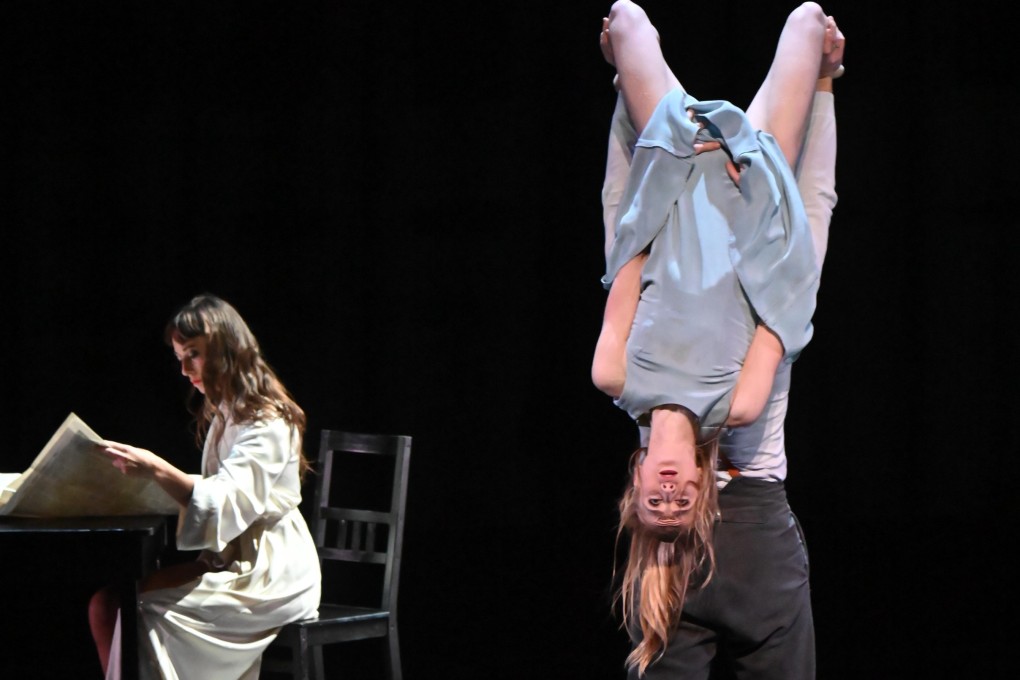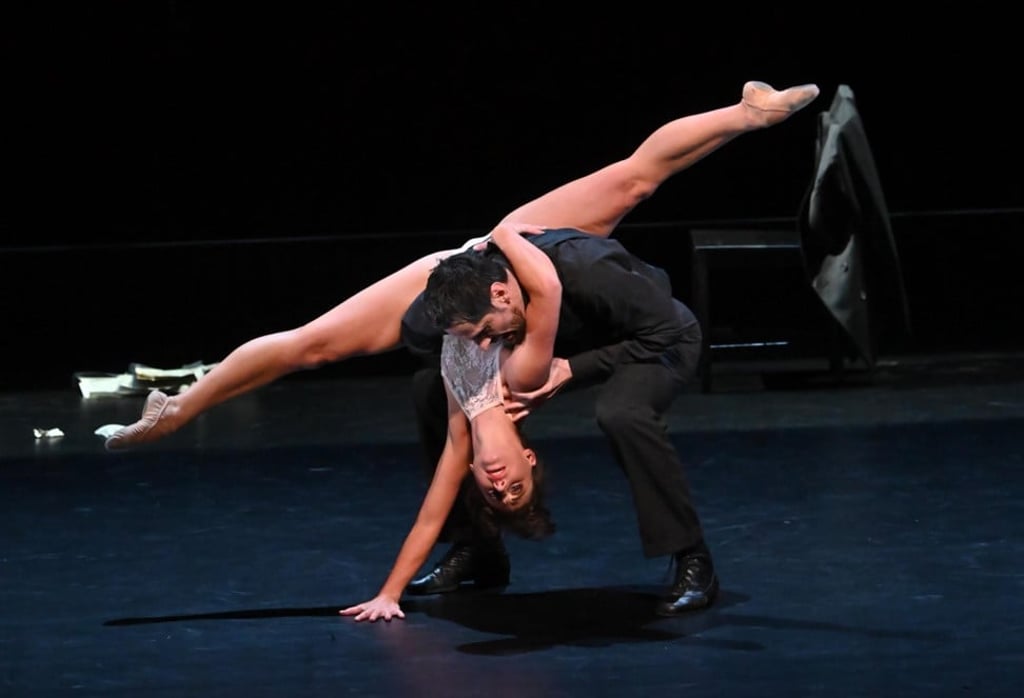Henrik Ibsen’s Ghosts by the Norwegian National Ballet: stunning choreography and performances in Hong Kong
- In this starkly powerful retelling of Ibsen’s 1881 play, production values offset complicated plot issues thanks to clever touches of theatre
- Silas Henriksen’s tormented Oswald and Grete Sofie Borud Nybakken’s defiant Regine are excellent throughout

While Scandinavian noir may be the current trend in detective fiction, Nordic writers have always leaned towards the dark side. Few come darker than Norway’s greatest playwright, Henrik Ibsen (1828-1906). The Norwegian National Ballet’s starkly powerful production of his 1881 play Ghosts for Hong Kong’s World Cultures Festival 2019 was suitably harrowing, distinguishing by outstanding choreography and superb performances.
A scathing denunciation of the moral hypocrisy forced on individuals by religion and social norms, Ghosts sparked outrage for addressing issues such as illegitimacy, sexually transmitted disease, incest and euthanasia and still packs a punch today.
Pastor Manders visits his old friend Mrs Alving to open an orphanage she has built in memory of her late husband. Mrs Alving reveals that Captain Alving was a degenerate who made her life miserable but whose true character she hid from the world to keep up appearances, and that her maid, Regine Engstrand, is his illegitimate daughter.
The orphanage burns to the ground due to the pastor’s carelessness and Regine’s venal adoptive father, Engstrand, extorts him by proposing to take the blame for the fire.

Mrs Alving’s son Oswald, a painter who has been living in Paris, has also come home. When he wishes to start a relationship with Regine, his mother is forced to tell them that they are brother and sister. Regine returns to Engstrand, even though she loathes him. And in one of theatre’s most famous endings, Oswald tells his mother that he is suffering from terminal syphilis (which Mrs Alving realises was inherited from his father) and begs her to end his life as he sinks into hopeless insanity.
Plays that revolve around ideas are problematic source material for dance – Romeo and Juliet makes far better ballets than Hamlet – and Ghosts, as much moral treatise as human drama, is a tough proposition to adapt.
